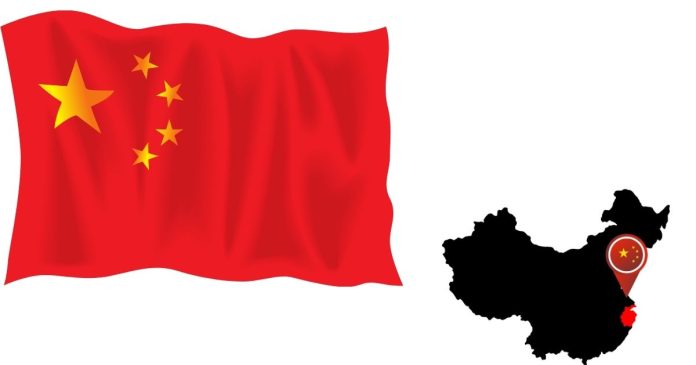The pronunciation of Zhejiang (浙江), a province in eastern China, can be tricky if you’re not familiar with Mandarin Chinese phonetics. Here’s a detailed breakdown:
Zhejiang (浙江) Pronunciation:
- Zhe: This syllable is pronounced like “juh” (the “zh” sound is similar to the “j” in “judge”).
- Jiang: The second syllable is pronounced “jyahng” (the “jiang” sounds like “gee-ahng”, but the “g” is not strongly pronounced, and there’s an “ng” sound at the end).
Phonetic Breakdown:
- Zhe (this part is tricky for English speakers because the “zh” is a retroflex sound, found in Mandarin but not in English). It’s close to the “j” sound in “judge.”
- Jiang: Here, “ji” is pronounced like “jee” (similar to the “gee” in “geese”), but with the tongue tip curled back towards the roof of the mouth. The “ang” part is pronounced with an “ng” sound, like the “ong” in “song.”
Complete Pronunciation:
- Zhejiang sounds like “Juh-jyahng” or “Juh-gee-ahng” (with a softer “g”).
Tone:
Mandarin is a tonal language, and the tones affect the pronunciation:
- Zhe (浙) has a falling tone (4th tone), which means you say it with a firm, descending pitch.
- Jiang (江) has a first tone, which is high and level.
Tips for English speakers:
- The “zh” sound is not like the English “z” or “j” but somewhere in between. It’s a retroflex sound, similar to how the “j” is pronounced in words like “judge.”
- The “jiang” sound is tricky because of the “ng” at the end, but it’s pronounced softly compared to the way “ng” is pronounced in English.
Summary:
- Zhejiang: “Juh-jyahng” (with a soft “g” and a falling tone on the first syllable, and a high, level tone on the second syllable).


